Today in the article we will analyze the concept of criminal procedure functions. After all, they are the basis of criminal proceedings. So, everyone who is related to this process is obliged to know about this topic.
general information
Before considering the criminal procedure functions, you need to understand what it is about. Therefore, it is necessary to study the definition.
So, these functions imply specific instructions on the activities of the subjects of criminal proceedings. Types and concepts of functions are of great importance, therefore, are fixed by federal laws. On a theoretical basis, an adversarial model of judicial proceedings was formed.
In order to correctly interpret the criminal procedural functions, their types and concepts, you need to turn to the Criminal Procedure Code of our country. The fifteenth article reflects the essence. Namely, that the criminal procedure functions are separated from each other. They cannot all be assigned to one person or structure. If this happens, the basic principles of judicial proceedings will be violated, a conflict of interests will arise. All this will entail a violation of the constitutional freedoms of the participants in the trial or their legitimate interests.
Tasks of judicial proceedings
These categories reflect the very concept of functions. The key tasks of criminal court proceedings include:
- Protection of the rights and interests of entities that have become victims of crime.
- The imputation of the punishment and their criminal prosecution.
- Ensuring the protection of a person from unwarranted or illegal charges, as well as the conviction and restriction of freedoms and rights.
- Refusal to prosecute an innocent person, his rehabilitation as a result of unfounded charges.
Functions
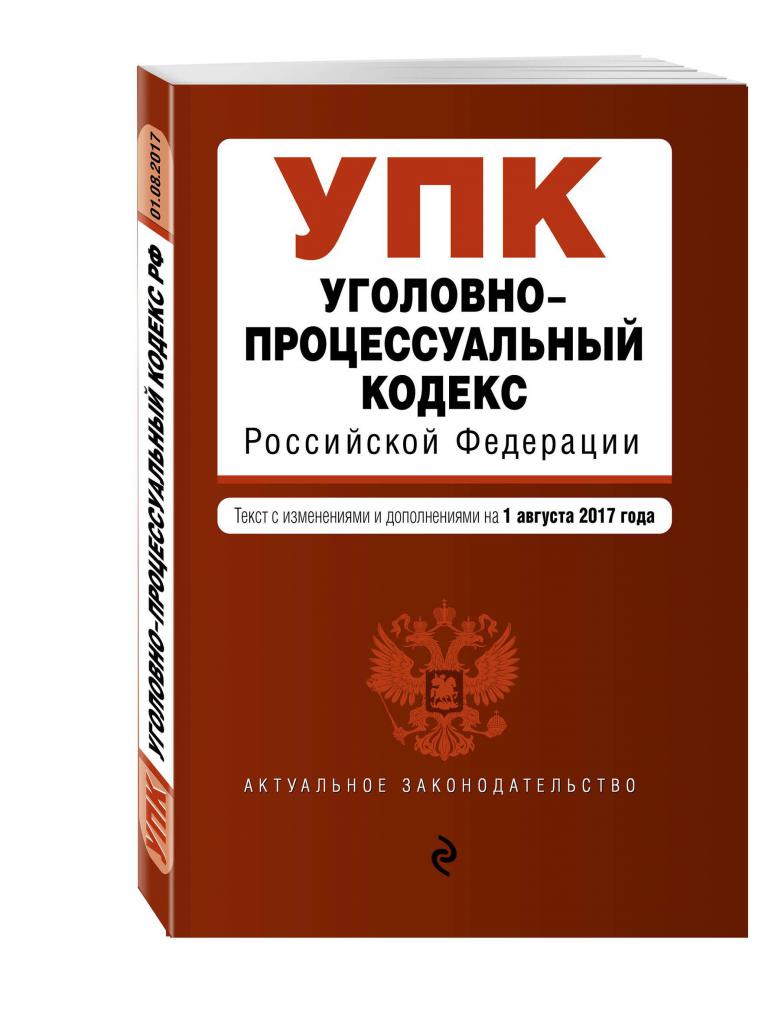
We understood the concept of criminal procedure functions. Now you need to figure out what they are. The sixth article of the Code of Criminal Procedure deals with the characteristics of the direction of work of bodies and persons with authority. Each lawyer determines the number of functions in different ways, but the main ones are always distinguished. So, their key tasks are:
- Verification and collection of information about crimes, investigation of the latter.
- The indictment.
- Supervision of the prosecutor's office to ensure that all actions comply with the law.
- Charge defense.
- Proceedings in court and judgment.
There is also a sixth function, which is assigned to witnesses, experts and all other persons. It applies only to those people who are involved in a judicial or investigative process.
The seventh function can be called the actions of civil defendants and plaintiffs.
Classification
If the concept of criminal procedure functions is the same, then the functions themselves are divided according to the interests of the persons who are involved in the production. It can be distinguished:
- Crime investigation.
- Prosecutorial supervision of compliance with the law during court proceedings.
- Ensuring the protection of citizens and their personal interests.
- Assistance in litigation.
It was a classification according to V. G. Daev. But V. S. Zelenetskiy identifies two types of criminal procedure functions: private and general. Private are those that are implemented in several or one stage. General - these are those that are carried out for all production.
The opinion of experts
Many experts believe that the types of criminal procedure functions are carried out through the role of the entities that participate in them, have limitations.In order to correctly distinguish between them, it is necessary to conduct a detailed analysis of the interests of a population of individuals, which, in turn, are divided into groups.
The concept and types of criminal procedure functions are required to act as a direction for the activities of group members. If this principle is not observed, then the tasks can expand very much, which will not be justified.
A. M. Larin believes that, given the current procedural and legal goals, the number of functions in this case is equal to the number of procedural acts. This is a very logical conclusion, because any participant in the process, if he makes a decision, pursues a specific goal with this action. For the same reason, A. M. Larin does not consider a function as a separate action. This category is a full-fledged activity, which includes behavioral acts and decisions, united by a common goal.
Group Functions
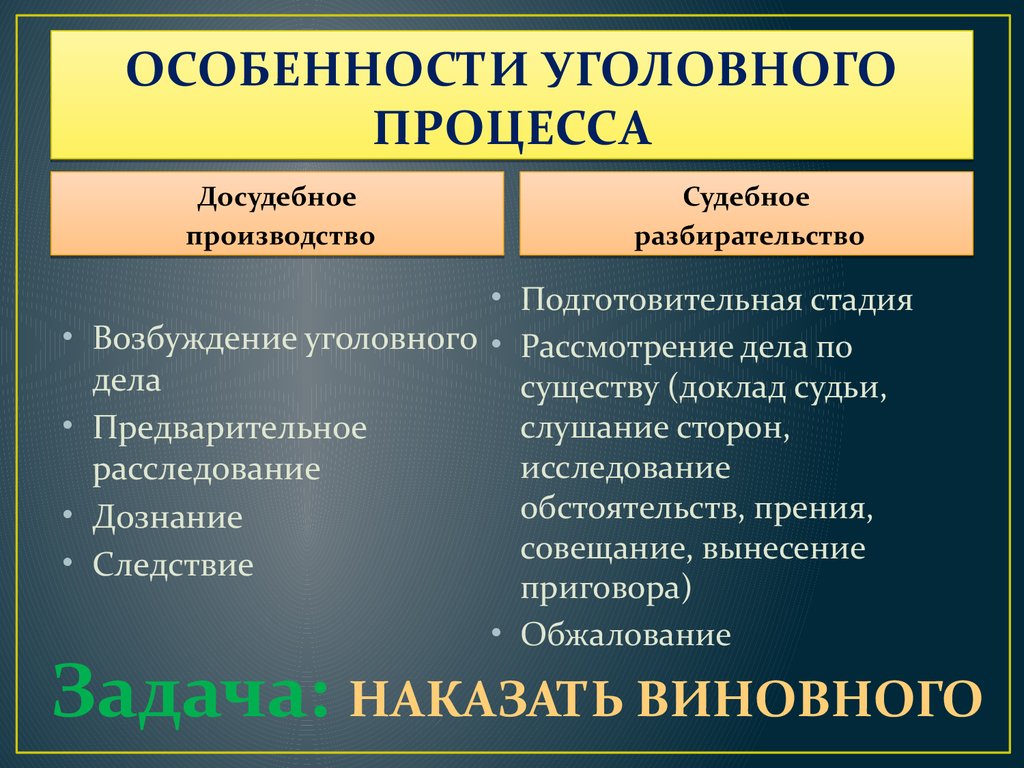
The concept and types of criminal procedure functions are divided into auxiliary and basic. The main functions include:
- Crime investigation.
- Criminal prosecution and prosecution.
- Prosecutor supervision.
- Protection from harassment.
- Trial and judgment.
Supporting functions are:
- Recovery.
- Assistance in a civil lawsuit.
- Protection from the claims of a person who is a civil plaintiff.
- Ensuring security for trial participants.
- Crime Prevention.
Signs
The following distinctive features are inherent in criminal procedure functions:
- Targeting the implementation of the tasks of justice.
- Implementation of activities in those forms, means, methods that are prescribed by law.
- Implementation of activities by officials and competent authorities.
- The exercise of certain functions by several persons or bodies. For example, an inquiry can be carried out by an inquiry agency or investigation department. And the prosecution can be brought by both the prosecutor and the victim.
- Most often, the functions do not overlap. For example, the criminal procedural function of prosecution and defense cannot be performed by the same authority.
- For the implementation of certain functions, the participation of authorized entities is required. For example, only a prosecutor can bring charges against the state, and only a court has the right to investigate cases.
What is the role of the investigator
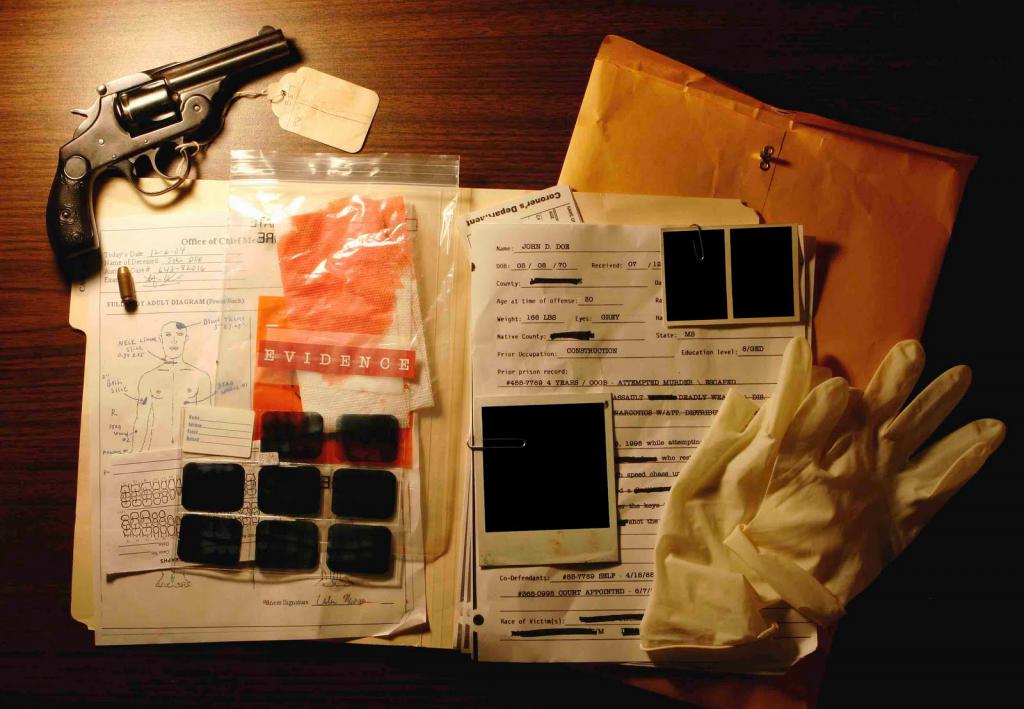
Most of all, the functions of criminal procedure law concern investigators. Sometimes there is heated discussion about their functions.
According to M. S. Strogonovich, the investigator should work in three directions at once:
- Protection.
- The charge.
- Resolution of the case.
At the same time, Stroganovich notes that the investigator's functions of prosecution and defense appear only after the accused appears in the case. Until the last appearance, the investigator prepares for the prosecution.
This does not mean that work before the charge is depreciated. But most often the actions of the investigator, which are associated with the disclosure of the crime, the detection of the offender and the identification of the person, are not reflected in the theoretical part of the functions of the criminal procedure.
There is another opinion that puts the following concept into investigative activity - this is a complete, objective, as well as from all sides, study of the crime. This is not a completely correct point of view, because the study of the circumstances of a crime is a procedural method used by a prosecutor, court, investigator, or inquiry body to establish the truth in a case.
A third opinion gives the investigator five functions. These include the involvement of society in the fight against crime, as well as the education of this society itself.
A. M. Larin distinguishes the following functions from the investigator:
- The study of the circumstances of the crime.
- Harassment or prosecution.
- Guarantee of protection.
- Compensation or elimination of harm.
- Objection to civil suit.
- Crime Prevention.
- Respect for the interests and rights of participants in a case.
- Process management.
- The resolution of the case itself.
What is the role of the prosecutor
Everyone knows that the prosecutor always blames. But this does not mean that the prosecution is the only function of this official. The prosecutor must also ensure that the law is respected during the trial.
These points are regulated by the Federal Law "On the Prosecutor's Office", or rather, the second article, its first part. It says that the bodies that conduct operational-search activities, inquiries or preliminary investigations control the implementation of legislation.
According to the twenty-ninth article of the same law, the subject of supervision is considered:
- Respect for the rights and freedoms of man and citizen.
- Compliance with the rules of investigation and operational-search measures.
- Compliance with the procedure for resolving reports of impending crimes and statements about committed criminal acts.
- Compliance with the law during the issuance of a procedural decision by the inquiry bodies, investigators or operational investigative agencies.
The same federal law does not regulate the supervisory powers and forms of response of the prosecutor. The thirtieth article of the Federal Law notifies that the powers and methods of response of the prosecutor can be seen in the Code of Criminal Procedure and other Federal laws. The latter also includes the one hundred forty-fourth law "On operational-search activity." The prosecutor is subject to those provisions that regulate his powers to supervise the observance of the law by the bodies serving in this activity.
Most experts believe that the criminal procedure functions of a prosecutor cannot be divided into two areas. The right of the prosecutor to exercise supervision comes from the fact that he is the procedural head of the bodies of inquiry and investigation in pre-trial clerical work. It is the prosecutor who leads the prosecution and prosecution. He is also responsible for the prosecution and for supporting him in court.
The prosecutor, like no one else, is interested in ensuring that the law is respected by the bodies of inquiry and investigation. If it was violated by these structures, then the evidence collected may be recognized as not legally binding or inadmissible. As a result, it will become impossible to refute the presumption of innocence on the basis of the evidence that has been collected in the case.
Court
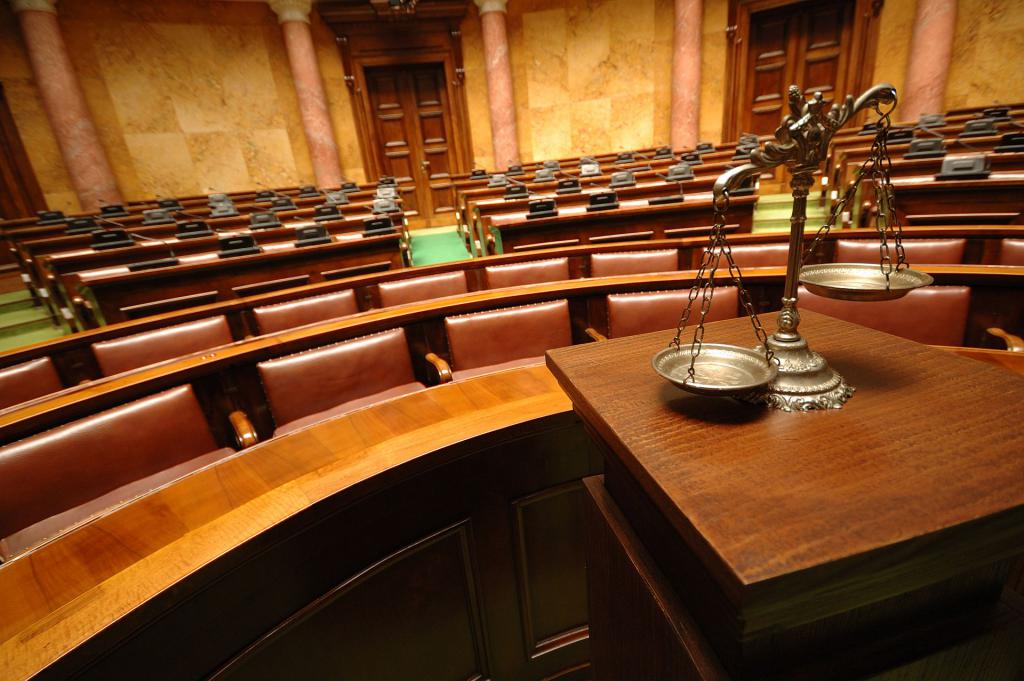
The criminal procedural function of the court is to resolve the case on the merits. That is, the court does not belong to investigative or accusatory bodies. He also does not protect either side.
The court is obliged to create the conditions in which the parties to production exercise their duties and rights.
The resolution of the case essentially includes the administration of justice and any other activity related to it.
It could be:
- Consideration of complaints about actions (inaction) or decisions of persons and bodies that are responsible for pre-trial proceedings.
- Making decisions on the use of coercive measures that significantly affect the constitutional freedoms of those involved in the process.
Thus, the criminal procedural function inherent only in the court is the resolution of the case on the merits.
Criminal prosecution
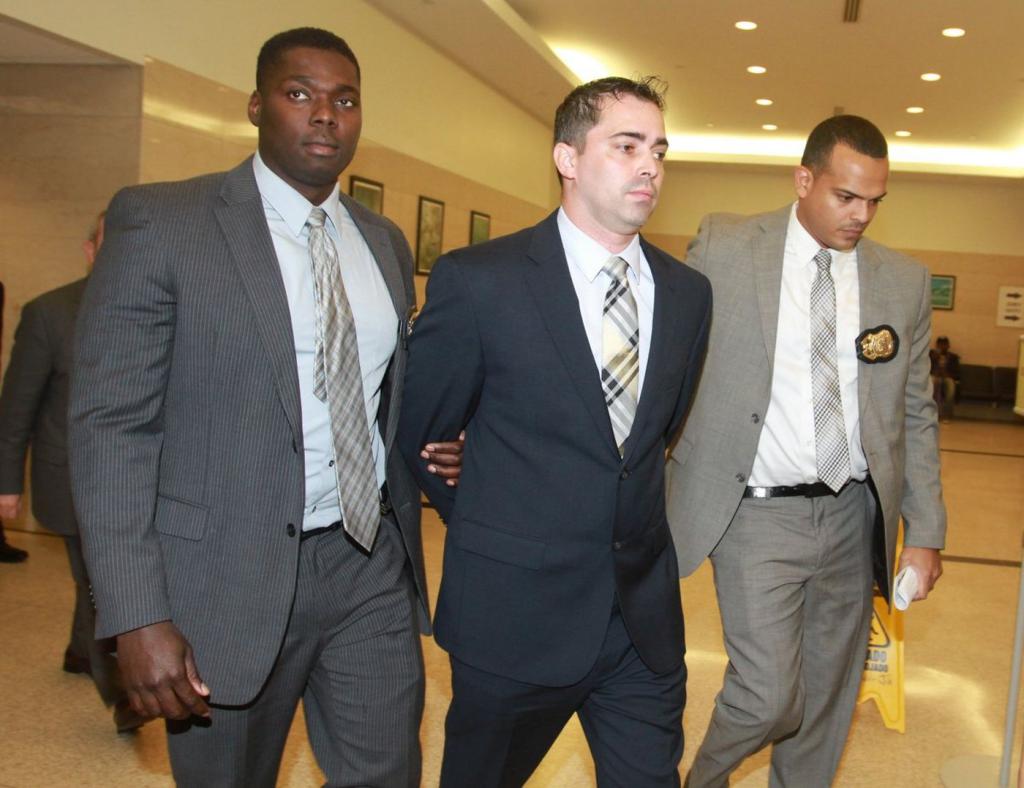
The priority of this function is that it gives an impetus to the further development and appearance of other functions. After all, in order to start criminal procedural activity, an indictment is necessary. In the Soviet period, this function was called the "driving force of the criminal process."
The function is implemented through the prosecution. They include:
- The prosecutor.
- Investigator, head of the investigation department.
- Private prosecutor.
- Civil plaintiff.
- Inquirer and inquiry body.
- Representative of a private plaintiff.
There were disputes about the functions and roles of each of the subjects, but, nevertheless, these people are divided into three categories:
- Employees and public authorities.
- Victim and private prosecutor.
- Civil plaintiff.
Now these groups are legally united into one, which has the same powers for everyone.
The system of criminal procedural functions is aimed at restoring social justice. If the prosecution ceases to pursue this goal, then a massive violation of human rights by officials will become possible. That is, the charge must be fair.
Limitation of prosecution and prosecution
According to the provisions of the Criminal Procedure Code of our country, prosecution becomes possible only after the proceedings are initiated, as well as upon the commission of a crime or in relation to a specific subject. This approach ensures that the process is fully competitive.
Criminal prosecution and prosecution differ in that the former covers the procedural activities of the inquirer, investigator and prosecutor from the moment the case begins to the indictment. The accusation arises only when the suspect / accused appears in the case.
Rights of a private prosecutor
About a third of cases are initiated in a general manner. During the trial, cases are retrained. Most often this happens during the sentencing. That is, a third of the victims do not have the opportunity to act as a private prosecutor.
But not all experts agree with this opinion. They believe that maintaining the prosecution is a guarantee of protecting the rights of citizens unprotected by society. In addition, public-private prosecution cases involving a prosecutor do not deprive a person of the right to have a lawyer.
Protection
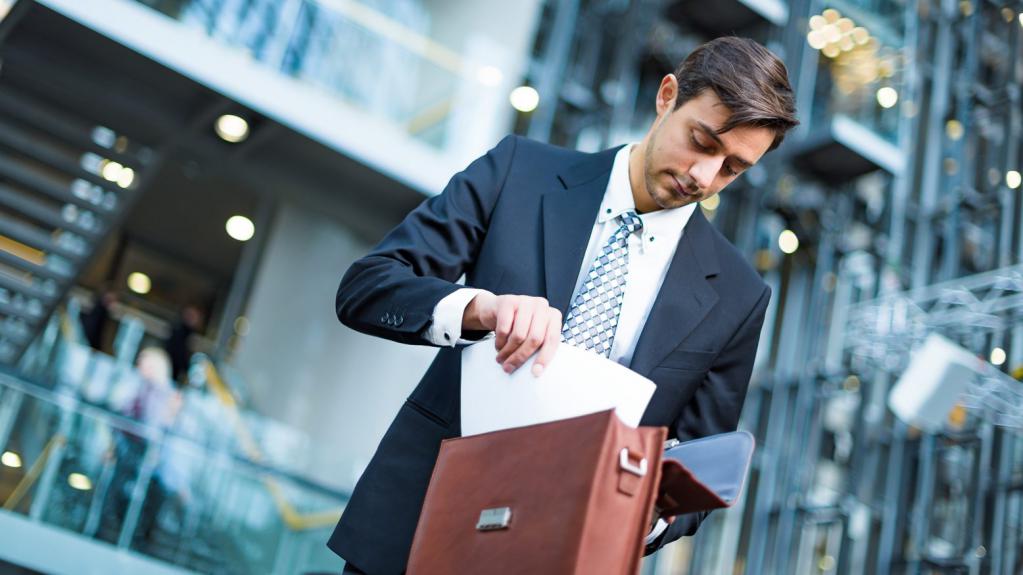
It is one of the main criminal procedural functions. Protection can be carried out by:
- Suspect.
- Defender.
- Accused.
- The subject in respect of whom proceedings have been instituted on the application of coercive measures of a medical nature.
The protective function is considered to be a derivative of the charge. That is, both functions arise only after the appearance of the accused or suspect in the case.
But in cases involving the application of compulsory medical measures to a subject, the defense does not oppose the prosecution. This is due to the fact that in such cases there is no charge, which means that the person is not suspected of a crime. In such cases, the protective function is manifested by the fact that it casts doubt on the investigative opinion about the need for compulsory treatment, since a person poses a threat to society or can cause significant damage.
The objectives of the criminal prosecution
Procedural functions in the criminal process are different. But here are the tasks of the prosecution side:
- Restoring the picture of a crime and establishing the identity of the person who committed it.
- The formation of the terms that are provided by law, items of evidence.
- Referral of indictment cases to court. Reflection in the act of legal qualification of a crime in full accordance with the law.
Case resolution
When the court examines all the materials in full, he must make a decision on the case. There are several options for this solution:
- The conviction of a citizen of a crime. In this case, he shall be charged with the appropriate punishment.
- Application of compulsory medical measures to a person. They must comply with the fifty-first chapter of the Code of Criminal Procedure of our country.
- Application of compulsory educational measures to a person. They are required to comply with the fiftieth chapter of the Code of Criminal Procedure.
The court also has the right to annul the ruling issued by the lower courts. But only if it is appealed in the manner prescribed by law.
Conclusion
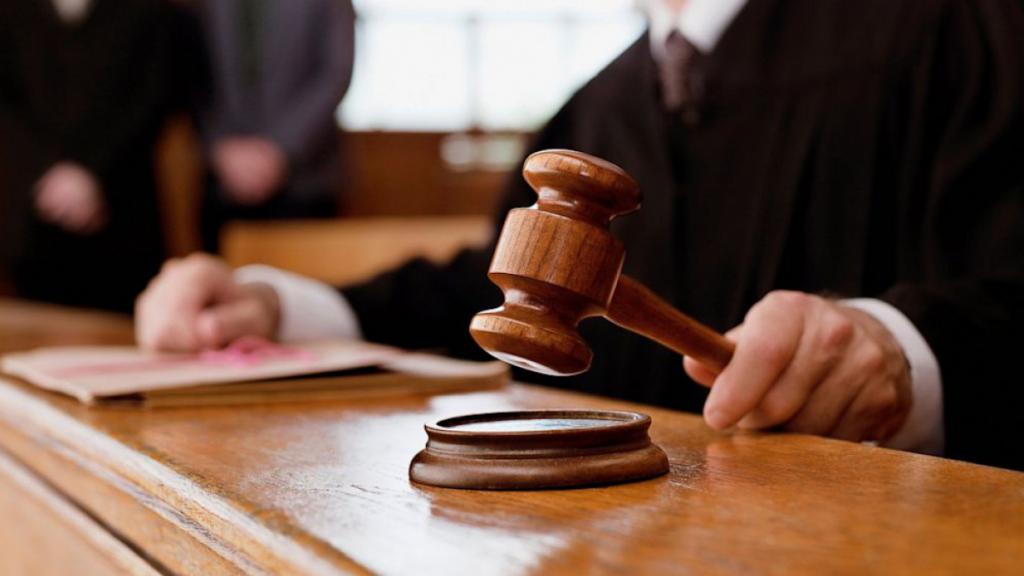
As you can see, the functions of the criminal process are very different. Therefore, before breaking the law, it is better to think carefully.
Of course, it happens that the charges are unfair and the sentence is served by an innocent. But this is rather an exception than a pattern. Our bodies work clearly and harmoniously, although there is an opinion that this is not so. Usually this can be heard from people who have already suffered from the law enforcement system.
Unfortunately, not all people take the opportunity to appeal a decision. If everyone who is confident in their innocence fought, there will be less problems with the incorrect sentencing.
If you are accused of something, then find out in advance about your rights and obligations. This will help in the future to properly respond to the investigation and when charged. If you have the opportunity to use the services of a lawyer, then do not neglect it. And remember that it is not you who must prove your innocence, but the relevant authorities are obliged to prove your involvement in the crime. After all, the presumption of innocence has not been canceled.
But so that such problems do not arise, just do not break the law. After all, it is only necessary to cross the line, and there will be no turning back, therefore it is better not to play any games with the law. Then you do not have to get involved in the lawsuit.
